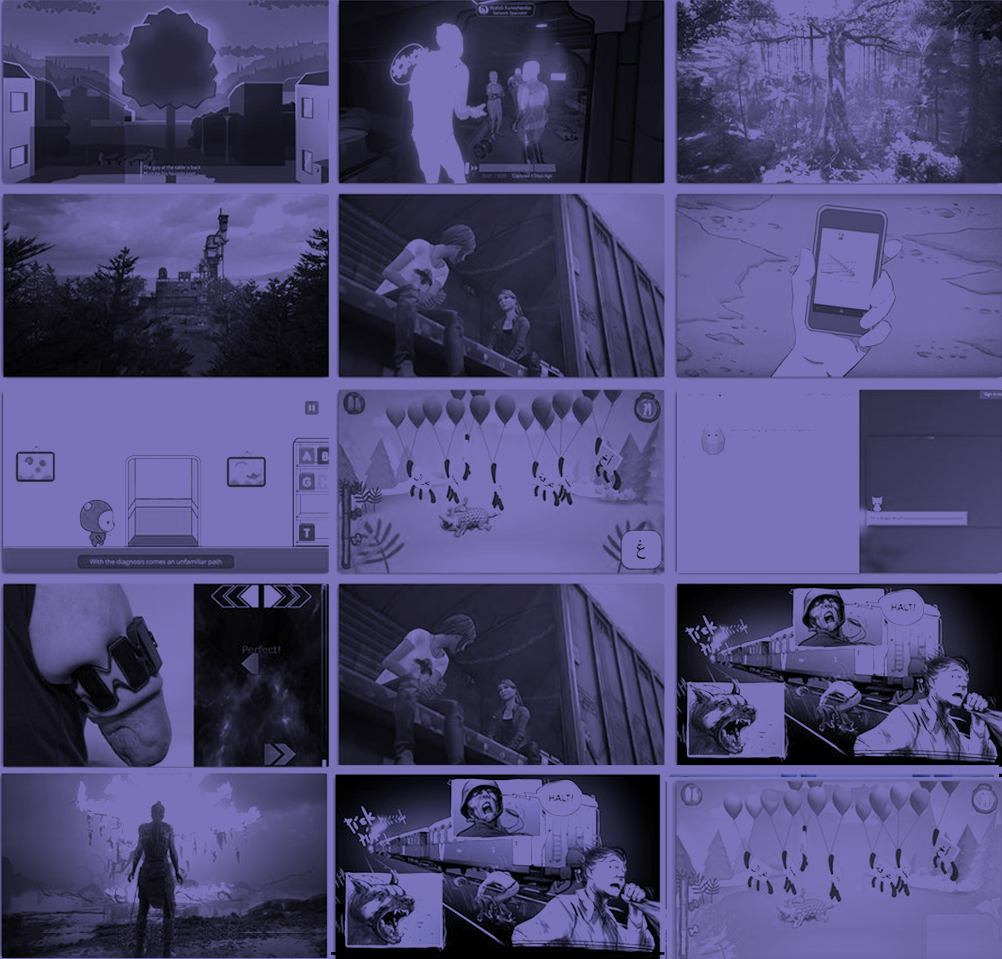
Ellen McGirt|The Design Observer Twenty
October 10, 2023
Games for Change
A global design community focused on games fearlessly collaborates to create real-world impacts.
The Design Observer Twenty | Sponsored by IDEO
The Design Observer Twenty is our curated selection of twenty remarkable people, projects, and big ideas solving an urgent social need.
The first-ever Games for Change Festival, held in 2003 in New York City, was about discovery: how many educators, entrepreneurs, game designers, researchers, and non-profit leaders would it take to change the world?
Turns out, they need everyone.
Now twenty years old, Games for Change (G4C) has become a global community of social innovators, creators, and dreamers who are using art, storytelling, gameplay, science, and an increasingly sophisticated array of technological tools to make games that help people learn, build healthier communities, be more peaceful, and drive real-world change.
“Game design is a very misunderstood and underappreciated skill set,” says Suzanne Pollack, now the president of G4C. “Designing a game is a lot like creating a whole world, and when you think about it that way, it’s easy to see the connection between game design and impact — because isn’t making an impact really about designing the world we want?”
G4C has evolved into an always-on global collaboration/convening studio where unlikely designers, partners, and major funders can find each other to create something new.
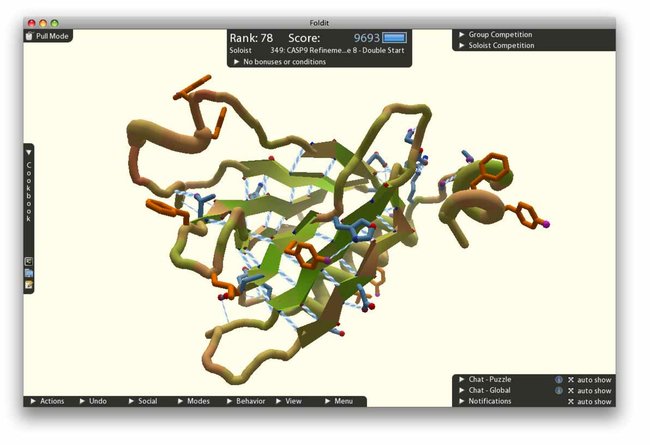
Foldit screen grab.
Like Foldit, a puzzle game developed by researchers at the University of Washington that pitted players against each other to figure out how proteins “fold” into specific configurations — and outperformed software designed to do the same thing. Or Remission, in which kids can “fight their cancer” with a first-person shooter game that boosts their spirits while encouraging them to complete their follow-up care. Or a project with the Nobel Peace Center and Minecraft, which produced two Minecraft games that taught peacebuilding and conflict mitigation. (Did you know that retired Chief Justice Sandra Day O’Connor had a second act as a game designer?)
Cross-sector collaboration is the power, Pollack says.
“There are so many different people who come together in the Games for Change community — game developers, artists and technologists, educators and students, government and non-profit leaders, healthcare professionals, academics and researchers, and many more. We’ve learned that games have this universal power to bring people together, and we need that power to drive meaningful change.”
On the Morning You Wake (To the End of the World) trailer.
And they continue to break new ground.
In 2022, G4C executive produced an award-winning VR documentary, On the Morning You Wake (To the End of the World), depicting the real-time lived experiences of people who lived for 38 minutes believing a nuclear attack was imminent. The impact campaign that accompanied that film is now an industry best practice. In 2023, G4C hosted the inaugural Games and SDG Summit at the United Nations, in the first-ever convening of the gaming community around the Sustainable Development Goals (SDG).
And games aren’t going anywhere.
Statista estimates the worldwide gaming market in 2022 at almost $347 billion U.S., outpacing both the film and music industries combined. Nearly half of the three billion active players worldwide are women, and while most gamers are 35-44, there are players of every age.
“With 20 years in, it still feels like we’ve only scratched the surface of the potential impact we can create as a community,” Pollack says. “Games are only getting bigger and better, and as the industry matures, so does the industry’s presence in cross-sector conversations about impact.”
Essay by Ellen McGirt.
Observed
View all
Observed
By Ellen McGirt
Related Posts
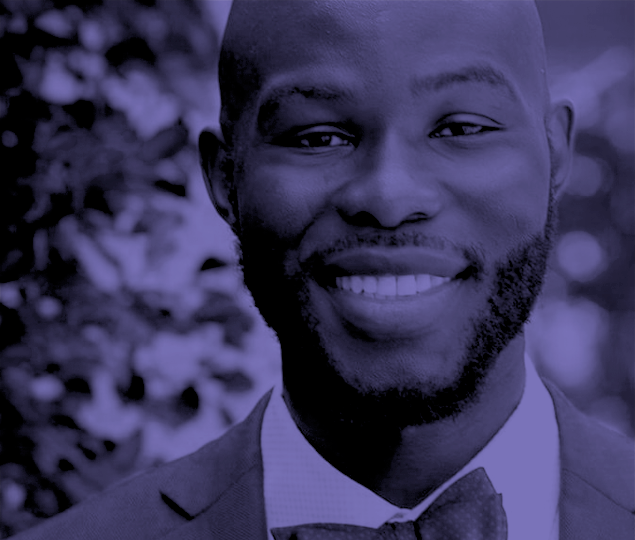
The Design Observer Twenty
Ellen McGirt|The Design Observer Twenty
Dr. Ismail D. Badjie
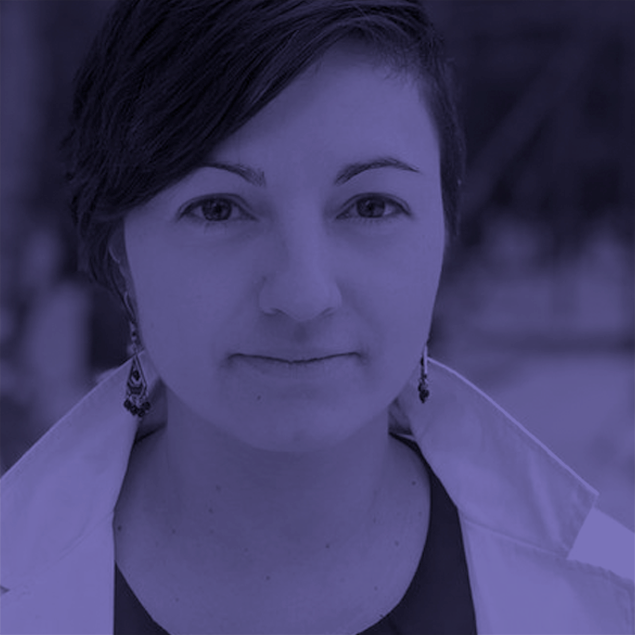
The Design Observer Twenty
Ellen McGirt|The Design Observer Twenty
Suzanne Ishaq, PhD
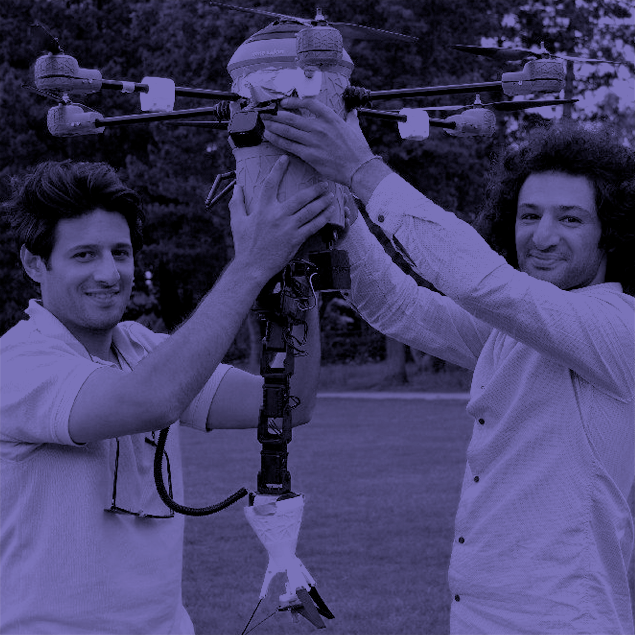
The Design Observer Twenty
Ellen McGirt|The Design Observer Twenty
Massoud + Mahmud Hassani
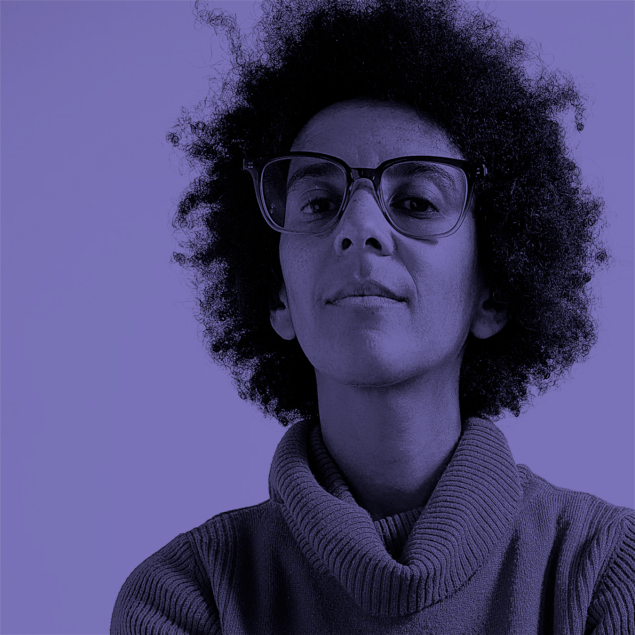
The Design Observer Twenty
Delaney Rebernik|The Design Observer Twenty
Timnit Gebru
Recent Posts
Courtney L. McCluney, PhD|Essays
Rest as reparations: reimagining how we invest in Black women entrepreneurs Food branding without borders: chai, culture, and the politics of packaging Why scaling back on equity is more than risky — it’s economically irresponsible Beauty queenpin: ‘Deli Boys’ makeup head Nesrin Ismail on cosmetics as masks and mirrorsRelated Posts

The Design Observer Twenty
Ellen McGirt|The Design Observer Twenty
Dr. Ismail D. Badjie

The Design Observer Twenty
Ellen McGirt|The Design Observer Twenty
Suzanne Ishaq, PhD

The Design Observer Twenty
Ellen McGirt|The Design Observer Twenty
Massoud + Mahmud Hassani

The Design Observer Twenty
Delaney Rebernik|The Design Observer Twenty

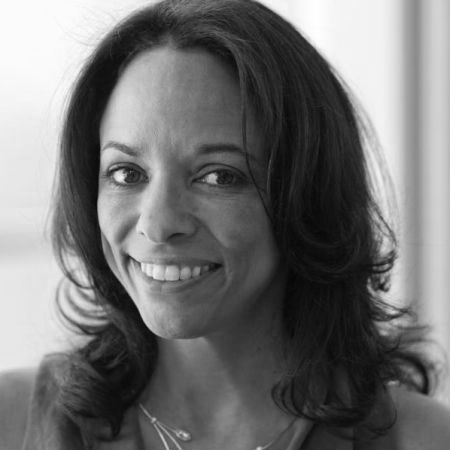 Ellen McGirt is an author, podcaster, speaker, community builder, and award-winning business journalist. She is the editor-in-chief of Design Observer, a media company that has maintained the same clear vision for more than two decades: to expand the definition of design in service of a better world. Ellen established the inclusive leadership beat at Fortune in 2016 with raceAhead, an award-winning newsletter on race, culture, and business. The Fortune, Time, Money, and Fast Company alumna has published over twenty magazine cover stories throughout her twenty-year career, exploring the people and ideas changing business for good. Ask her about fly fishing if you get the chance.
Ellen McGirt is an author, podcaster, speaker, community builder, and award-winning business journalist. She is the editor-in-chief of Design Observer, a media company that has maintained the same clear vision for more than two decades: to expand the definition of design in service of a better world. Ellen established the inclusive leadership beat at Fortune in 2016 with raceAhead, an award-winning newsletter on race, culture, and business. The Fortune, Time, Money, and Fast Company alumna has published over twenty magazine cover stories throughout her twenty-year career, exploring the people and ideas changing business for good. Ask her about fly fishing if you get the chance.